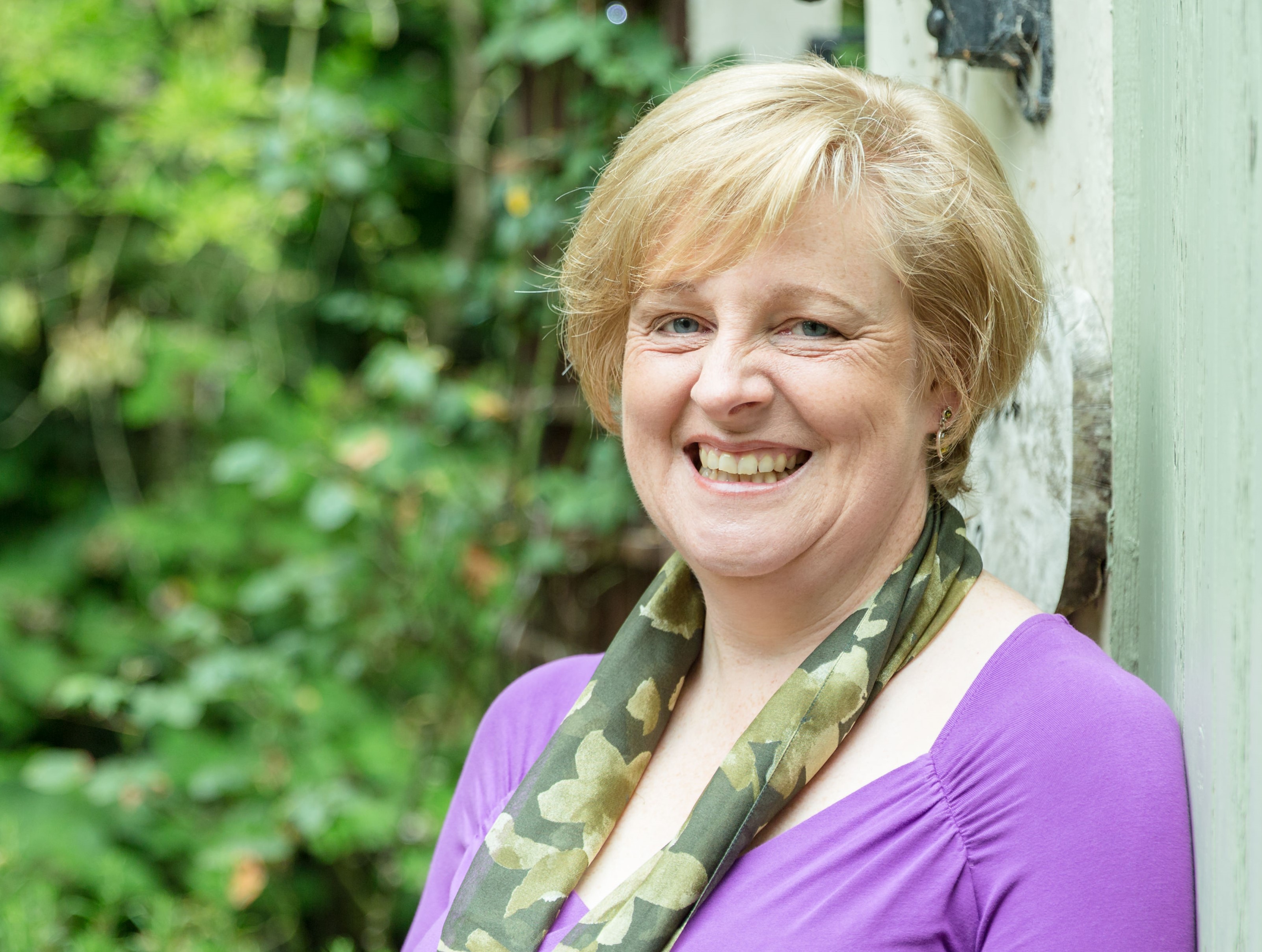We like to be nice, don't we? It means people like us and we feel good about ourselves. But there's a potentially heavy cost.
Dr Gabor Maté is a medical doctor and psychologist practising in Canada, who has extensively studied the link between stress and physical illness. In his book When the Body Says No he talks a lot about diseases such as cancer, rheumatoid arthritis and amyotrophic lateral sclerosis ALS , also known as motor neurone disease - what Professor Stephen Hawking had. One of the things he says is that everyone who has worked with ALS comments that it uniformly attacks nice people. To the extent that people testing samples for signs of the disease would say 'this person can't have it, they're not nice enough' and would invariably be right, while the 'nice' patients would generally turn out to test positive.
On the surface it sounds ridiculous that a serious illness could in any way be related to how nice someone is. And of course it's not quite that simple; it's not niceness that makes you sick, but the emotions and the effort behind it. The problem isn't being nice, but rather being too nice.
So what is being 'too nice'?
Being too nice is when you sacrifice what you need for what other people want. You may do this consciously or not. The nicest people don't realise that they're doing it. They may even feel that they want to. Others will do it, but resentfully. They're nice because they think they have to be. Both are bad for you.
How can you tell if you're too nice?
If you recognise yourself in any of these statements, there's a high chance you're too nice for your own good.
- You don't stop to think before you agree, or offer, to help anyone with anything
- You never stop, even when you're ill - people are relying on you
- The idea of not helping someone or fulfilling all your thousands of responsibilities doesn't just prompt a feeling of discomfort, but an overwhelming sense of horror or shame
- It's unthinkable that you wouldn't work way more hours than you're employed to do
- You would simply never ask anyone to do anything to help you out
- You dislike being offered help. You say things like 'I couldn't let you do that'
- One of your worst fears is letting someone down
- You don't express - or possibly even feel - negative emotions like anger, resentment or frustration
- You don't tell people when you're unwell, even if it's really serious

